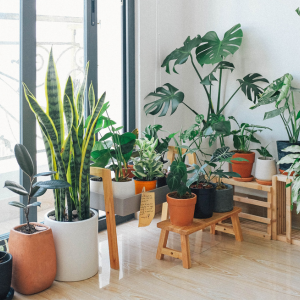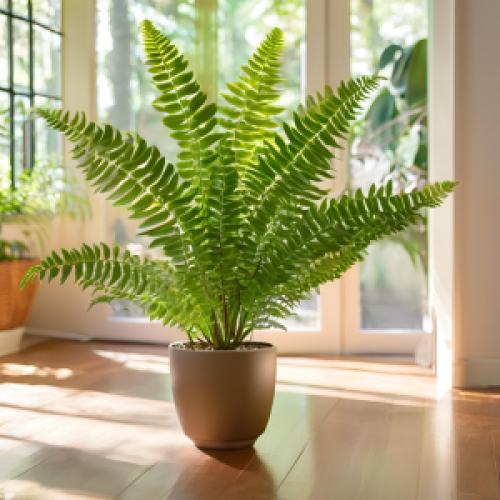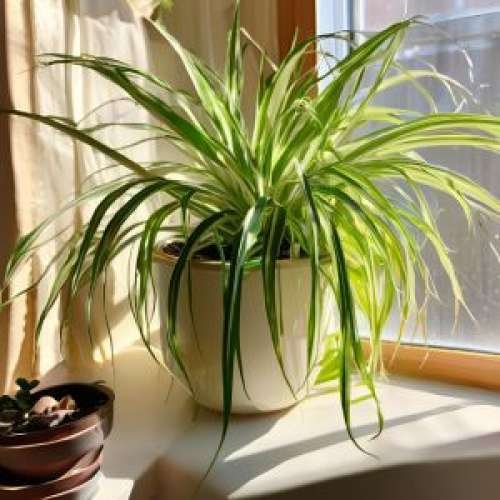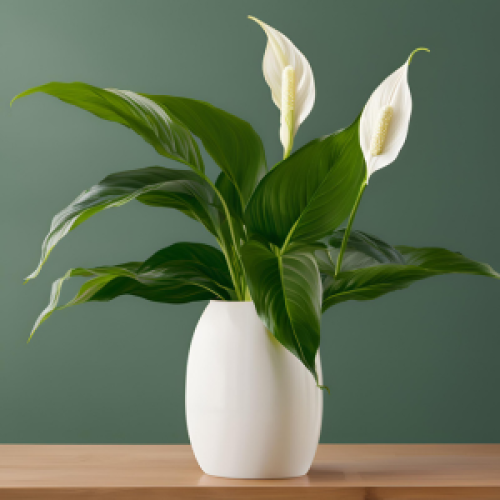The Best Natural Indoor Plant Food: Optimize Your Indoor Garden
Indoor gardening is a rewarding endeavor, allowing us to bring a slice of nature into our homes. Just like outdoor plants, indoor plants require attention, care, and especially the right food to thrive. Using natural indoor plant food not only supports plant health but also promotes a safe environment for your home, pets, and children. Today, we delve into the best options for feeding your indoor plants naturally.
Understanding Plant Nutrition
Before we explore natural plant foods, it's essential to understand what your indoor plants need. Plants require macronutrients—nitrogen (N), phosphorus (P), and potassium (K)—along with micronutrients like calcium, magnesium, and sulfur to thrive. These nutrients support various functions, from growth and flowering to disease resistance.
Why Choose Natural Plant Food?
Natural plant foods are derived from organic sources, as opposed to synthetic fertilizers. These organic options are not only safer for the environment but they also improve soil structure, increase nutrient efficiency, and reduce the risk of over-fertilization.
Top Natural Fertilizers for Indoor Plants
- Compost: Composting is a superb way to recycle kitchen waste into nutrient-rich food for your plants. Banana peels, eggshells, and coffee grounds are excellent for plants, providing potassium, calcium, and nitrogen.
- Worm Castings: Worm castings are a by-product of the vermicomposting process and are rich in nutrients. This gentle, organic fertilizer can be used directly in your potting mix.
- Fish Emulsion: This fast-acting organic fertilizer is high in nitrogen, making it great for leafy plants. It’s potent, so a little goes a long way.
- Seaweed Extract: Available as a liquid, seaweed extract is rich in trace elements and hormones that promote plant health and vigorous growth.
- Wood Ash: If you have a fireplace, wood ash can be a potassium-rich addition to your plant food repertoire, but use it sparingly as it can alter soil pH.
- Green Tea: A weak solution of green tea can provide your plants with beneficial nutrients, particularly antioxidants. Just make sure it's completely cooled before use.
- Aquarium Water: When changing the water in your freshwater aquarium, consider using the old water to irrigate your plants. It's rich in nitrogen and other nutrients.
- Eggshell Tea: Boil crushed eggshells in water, and use the cooled water as a calcium-rich supplement for your plants.
- Rice Water: The water used to rinse rice is rich in starch and can provide nutrients to your plants. Ensure the water is unsalted.
- Coffee Grounds: Used coffee grounds can add organic material to the soil, which improves drainage, water retention, and aeration. They're particularly good for acid-loving plants.
Best Practices for Feeding Your Indoor Plants
- Dilute Liquid Fertilizers: Natural fertilizers can be strong. Always dilute liquid fertilizers according to instructions to avoid nutrient burn.
- Regular Feeding Schedule: Most indoor plants benefit from feeding during the growing season (spring and summer) and less frequently during the dormant season (fall and winter).
- Assess Plant Needs: Different plants have different nutritional needs. Tailor your plant food choice to each plant's specific requirements.
Conclusion
Choosing the right natural plant food can significantly affect the health and growth of your indoor plants. By understanding the specific needs of your plants and using these organic options, you can maintain a vibrant and thriving indoor garden that is safe and sustainable. Remember, the key to successful indoor gardening is not just the care you provide but also understanding the unique environment your home creates for these plants.
This exploration of natural plant foods aims to guide you through selecting and using the best options for your indoor gardening needs. Happy planting!








No comments, be the first to comment